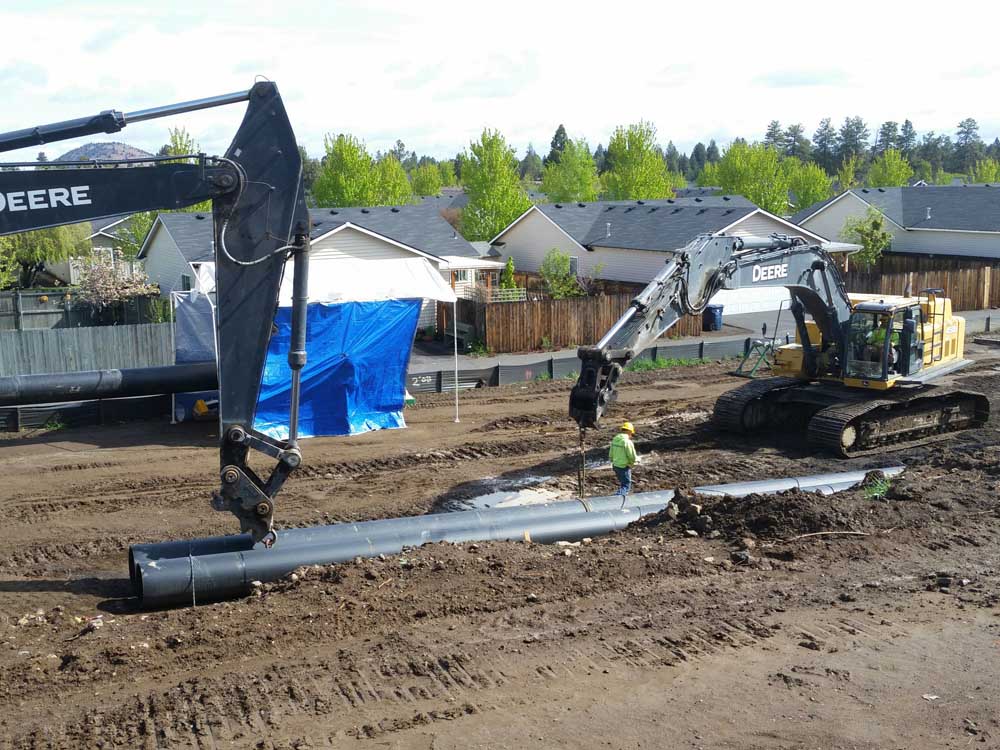Editorial: Sewer proposal seems fair
Published 12:00 am Tuesday, July 31, 2018

- The southeast interceptor sewer project in Bend in 2015. (Bulletin file photo)
Nearly 3,000 homes inside the city limits of Bend are not hooked to the city’s sewer system, and now officials believe they’ve come up with a plan to help owners of 599 of them to tie in over the next few years.
While there may be tweaking to the plan in the days ahead, the idea itself makes sense.
Trending
City officials will ask the Council to approve a plan that would cap a homeowner’s sewerage costs at $25,000, establish a financing plan — probably local improvement districts supported by all taxpayers in a given area — and create a financial support plan for those who cannot afford to hook up any other way.
The city has more than tripled in population since the last major sewerage project was built in the late 1970s, and many of the unsewered homes were built outside city limits before the sewer was expanded. The state requires that a home be connected to a sewer line if the latter is within 300 feet of the property if a septic system fails.
That can be costly. If a home is the first in the neighborhood to connect, that homeowner is stuck not only with connecting his home, but, often, putting a line down the street to his home. Costs could run as much as $100,000. Succeeding homeowners need pay only to connect to that line in the street.
The city’s plan addresses the problem. It creates a system for spreading what should be shared costs across a neighborhood, and it caps individual owners’ costs.
That’s as it should be. The city should not be on the hook for the cost of sewering neighborhoods that were once outside city limits.
At the same time, it should work to come up with a financing method that will help residents in those neighborhoods avoid paying full market value for a connection they’re being forced to make. After all, 1970s property owners were eligible for hookup loans for what was, even then, a nominal interest rate.
Trending
The city is right to look for a plan that doesn’t beggar residents unfortunate enough to live in unsewered neighborhoods. This plan would fill that need.








